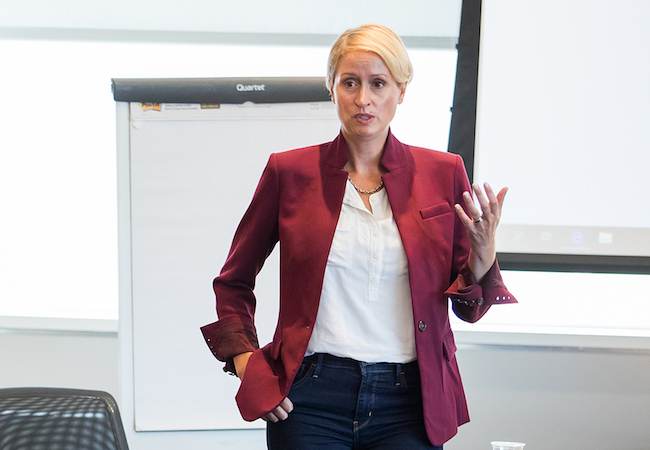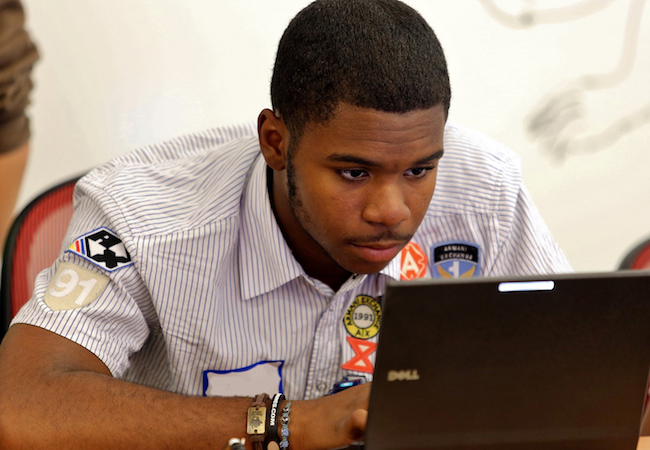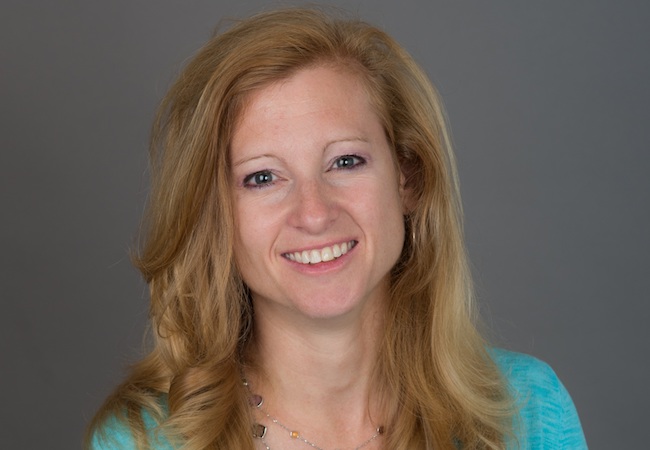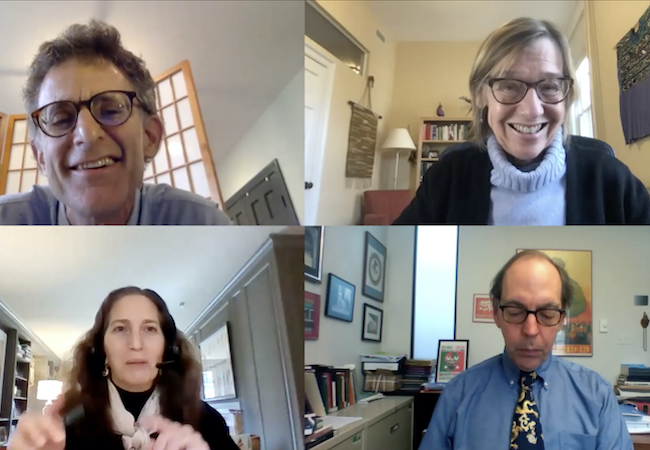Penn GSE News Archive

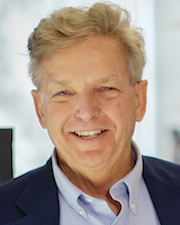
2020 has shone a light on the importance of good teachers, but many are paid less than a living wage in the U.S.
Richard Ingersoll said cultural misunderstandings about what it takes to be a good teacher have contributed to low wages for educators. “There was this idea that you don’t have to be that smart. It’s not as complex,” he said. “Or as difficult as being an accountant, working with numbers. Or being a dentist, working with teeth.”
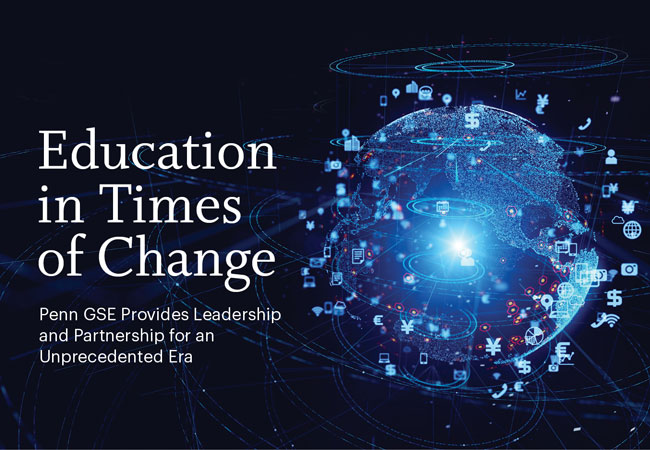

Early data shows hopeful signs for pandemic learning in Philly, but huge questions remain
Michael Gottfried said it’s difficult to quantify how school is going for students amid the pandemic. “We’re sort of building the plane as we fly it,” he said. “Everything’s up in the air now. Everything’s been disrupted just from the measurement side.”
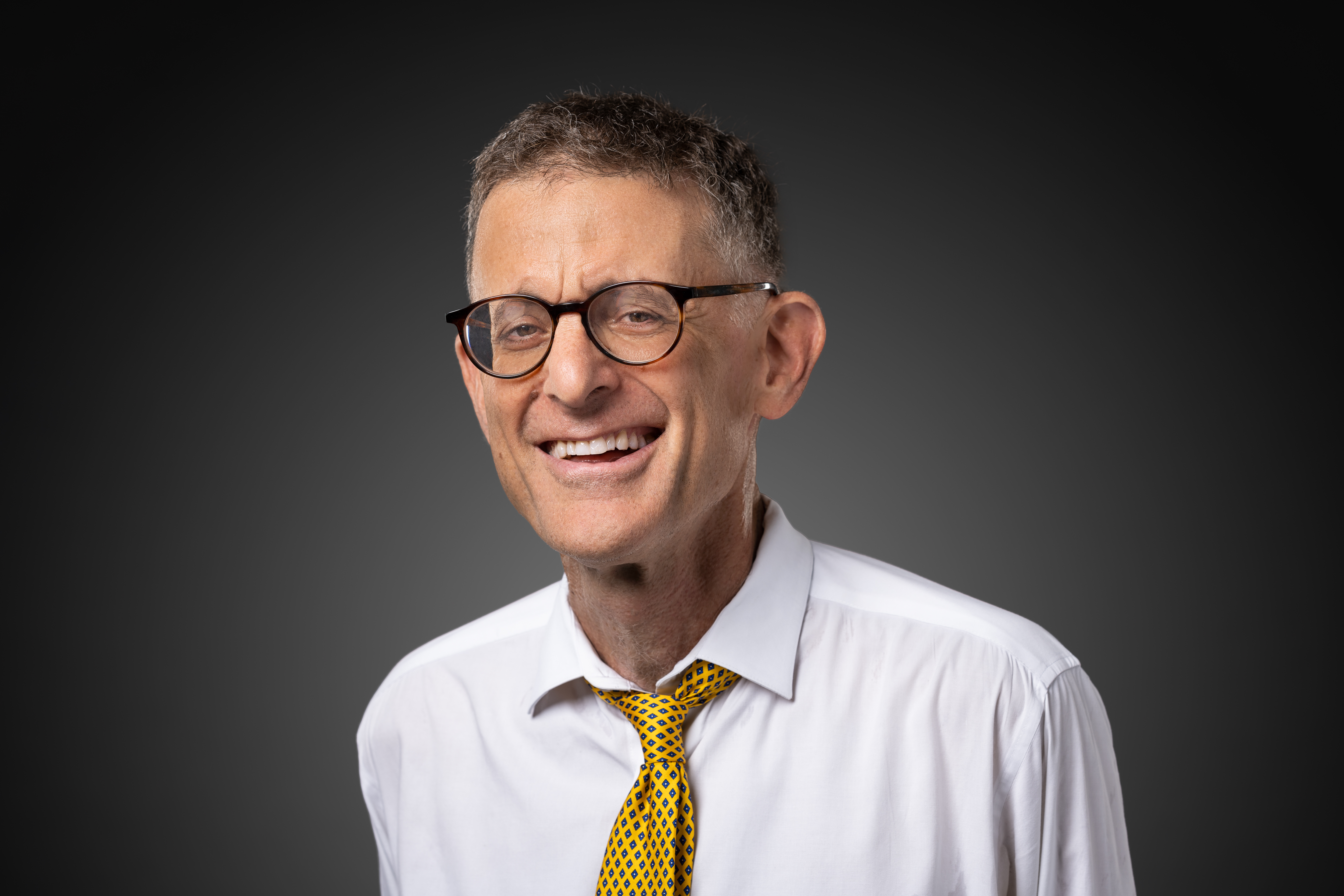
The Ph.D. Glut and What to Do About It
Jonathan Zimmerman writes about the declining availability of tenure-track positions and a movement toward preparing doctoral students for jobs outside the academy, but suspects the change will come from outside of the academy, not from within it.
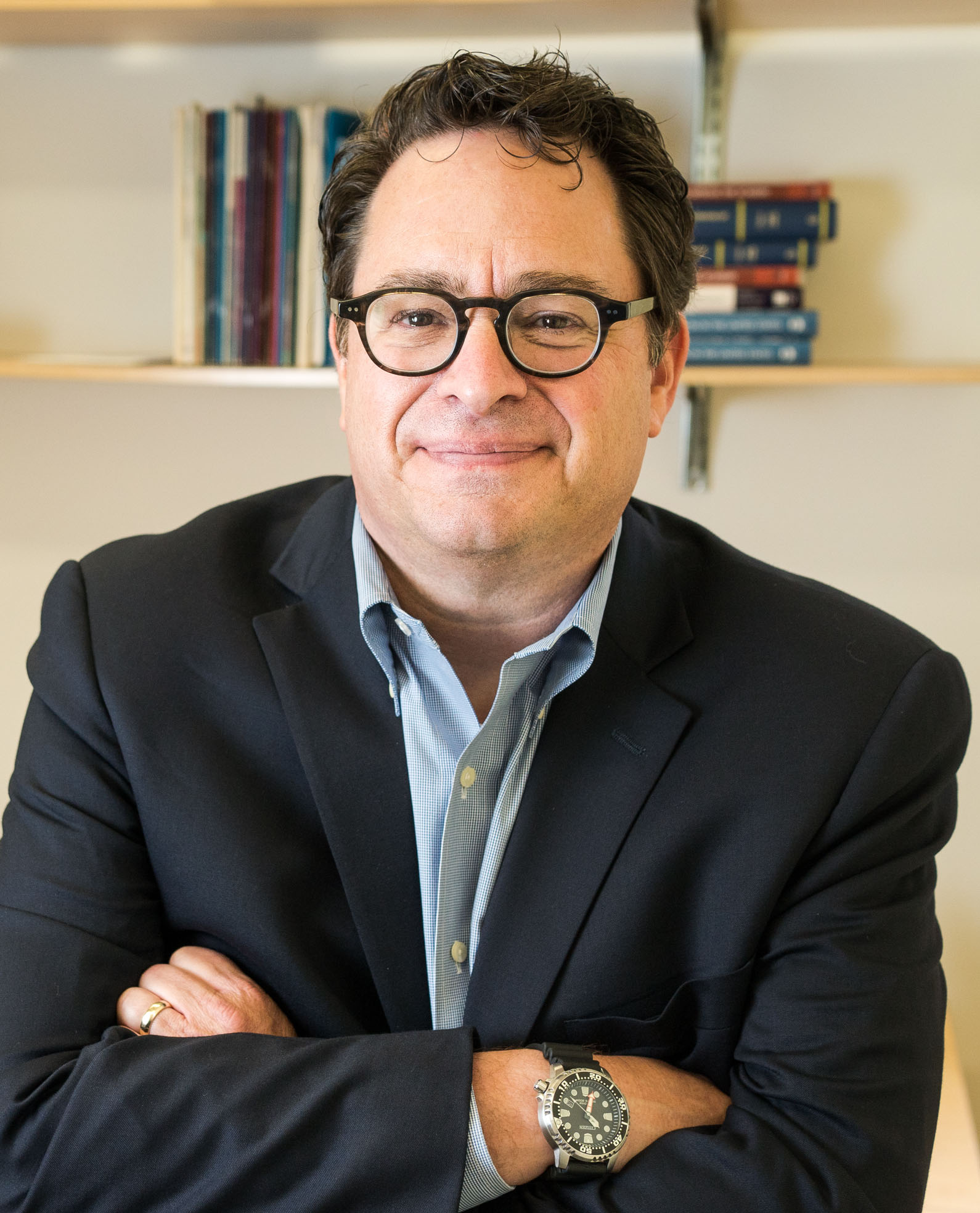
Research universities must act as engines of optimism
Peter Eckel and Aida Sagintayeva virtually brought together higher ed leaders from across 15 time zones to talk about a way forward.
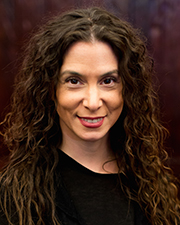
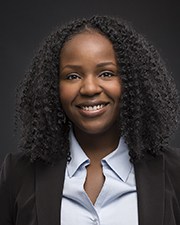
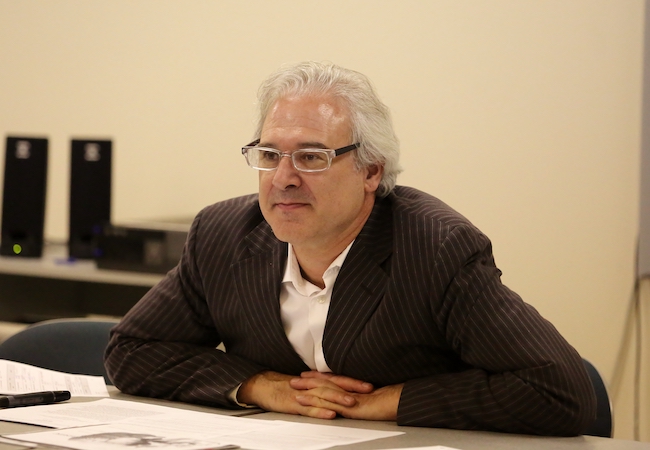
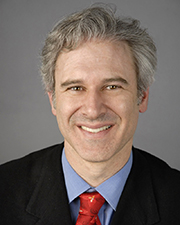
What principals have learned from COVID-19’s ‘stress test’
Jonathan Supovitz explains, “The principals are doing all these amazing things, which are serving urgent needs of kids and families. That’s not taken into account in what we think of as a good school. There is an imbalance between our metrics for assessing quality and the actual role of schools in society.” The Consortium for Policy Research in Education, housed at Penn GSE, has published five briefs about how U.S. school districts and principals have dealt with the pandemic.
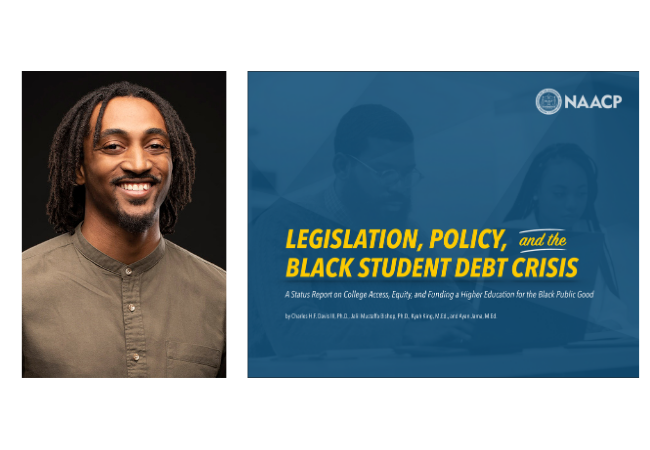
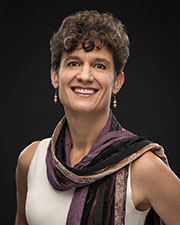
EETN Insights
In this interview, Jenny Zapf highlights the importance of innovative and long-term, sustainable ideas that have impact.

